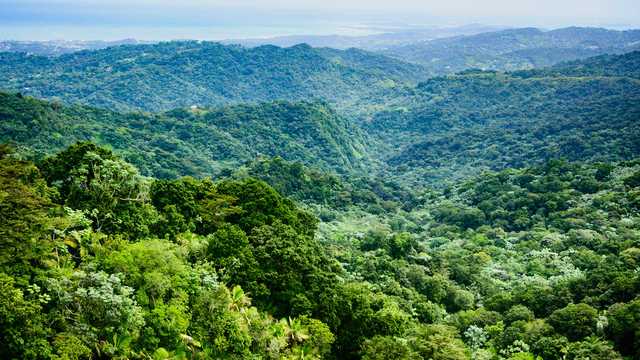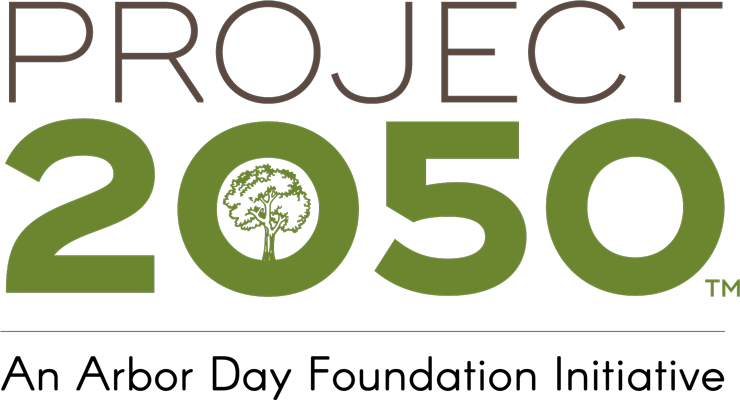Protect Our Agricultural Supply Chain and Our Planet
It is estimated that by the year 2050, a large portion of the agricultural land currently available in tropical forest regions will no longer be suitable for production. If the agricultural practices in these areas don’t shift — and soon — this issue will significantly increase the potential for further deforestation. To address climate change, we have to invest in natural climate solutions.
It’s time to face this problem head-on. TOGETHER.
The Arbor Day Foundation has developed Project 2050 as a means of moving this industry in a direction for change. We invite you to join in our efforts to:
- Help farmers reforest areas clear-cut for coffee, cattle, palm oil, chocolate, or other agricultural purposes.
- Preserve and protect tropical forests through education and implementation of agroforestry management practices.
Examples of Project 2050 Work

Reviving Honduras
Over the last several years, Honduras has lost nearly a quarter of its pine forests to a devastating beetle infestation, damaging approximately 509,000 hectares of forest since 2003. The southern pine beetle is one of the worst ecological disasters in the history of Honduras. Many scientists point to a warming climate as the leading cause for this rapid and intense infestation. In addition to tree loss from this disease, many in the region are taking advantage of the situation, using deforestation as excuse to clear healthy trees.
The Honduran Army, along with many institutions, has participated in forestry initiatives to help slow deforestation and curb further disaster. Communities are coming together to help fight the infestation and have begun planning for reforestation. With our involvement in funding local school reforestation efforts, replenishing Honduran forests will be possible.
The Arbor Day Foundation and project partner Catracha Community in Santa Elena, Honduras, have launched a project with a local agroforestry high school located in Palo Blanco, Santa Elena, Honduras. The school plans to help reforest areas by establishing tree nurseries, growing trees locally, and selling these trees. In addition to gaining valuable business experience through selling high-value trees to municipalities for reforestation of these devastated areas, the students are diversifying the forests with cedar and mahogany hardwoods.

Restoring the Peruvian Amazon
The Peruvian Amazon has lost more than 1 million hectares of forest in the last 15 years due mainly to agriculture, which is responsible for approximately 80 percent of the deforestation between 2001 and 2015. Poor forest management techniques — including pasture for livestock, mining, coca cultivation, and road construction — have all contributed to an enormous loss in wildlife habitat and native forest. The continuation of such harmful practices throughout Cajamarca and Amazonia prevents the development of sustainable economic growth within these communities. Methods are available to remedy the situation but are often out of reach for local farmers and cooperatives due to limited economic resources and technical assistance.
The Arbor Day Foundation is working to address these issues by replenishing exhausted soils, reforesting and managing forest canopy, and transforming degraded pastureland to forested coffee production.
The Arbor Day Foundation and its project partners in Jaen, Peru, have developed a strategy to address the economic and environmental issues facing coffee-producing communities that depend on these landscapes for their livelihoods. In addition to tree planting, the Foundation plans to generate carbon credits from these newly planted forests, further supporting the incomes of landowners in these valuable areas. The project will provide technical assistance on good agroforestry management practices, calculate carbon sequestration for verified carbon credits, and provide monitoring tools for tracking progress and growth throughout the network of participating coffee cooperatives in the Cajamarca and Amazonia regions of Peru.



